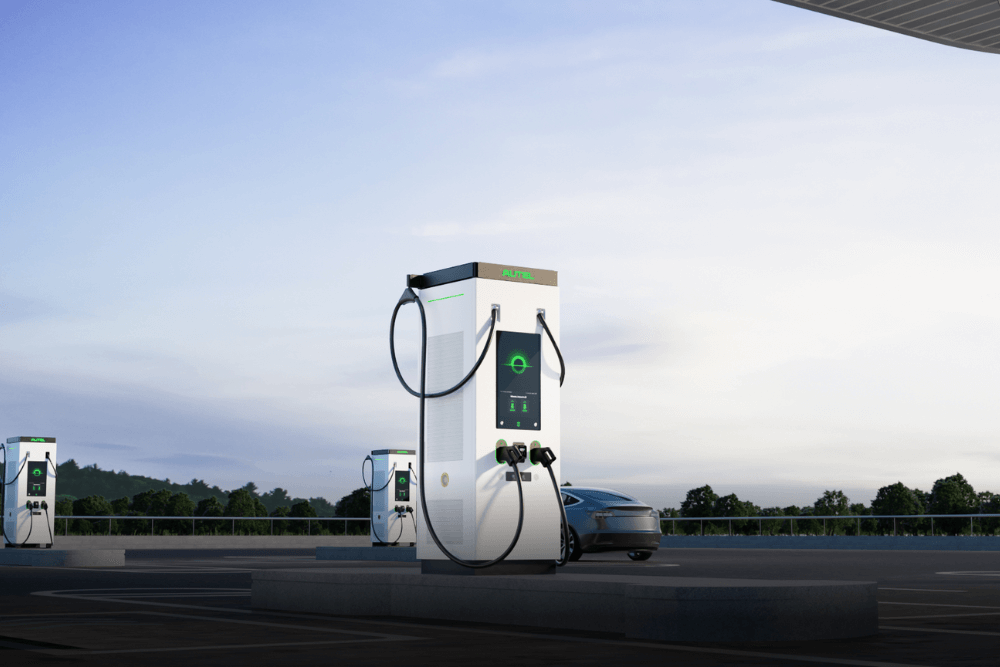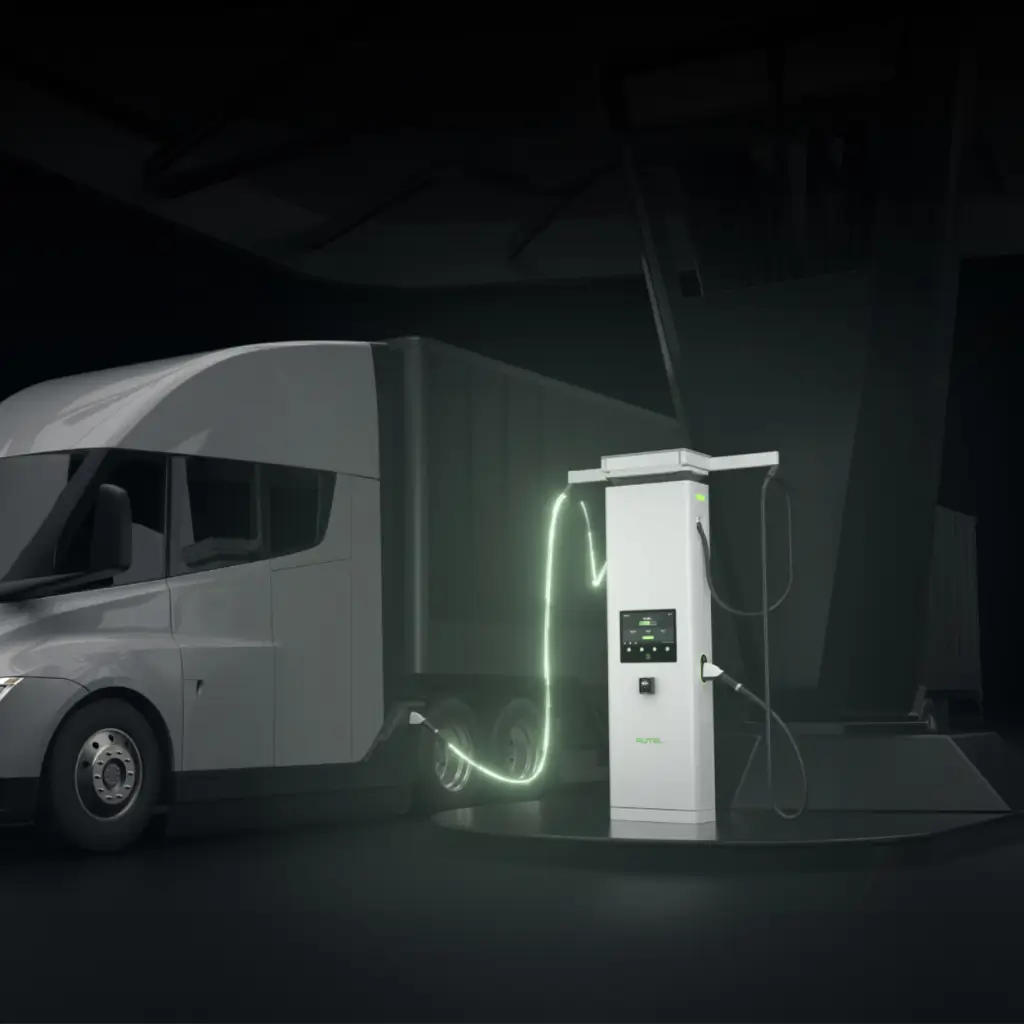
- MaxiCharger DH480
- MaxiCharger AC Pro
- MaxiCharger DC HiPower
- MaxiCharger DC Fast
- MaxiCharger DC Compact
- MaxiCharger AC Elite

- For CPOs
- For Fleets
- For Destination
- For Residential
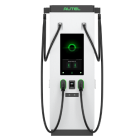 MaxiCharger DH480
MaxiCharger DH480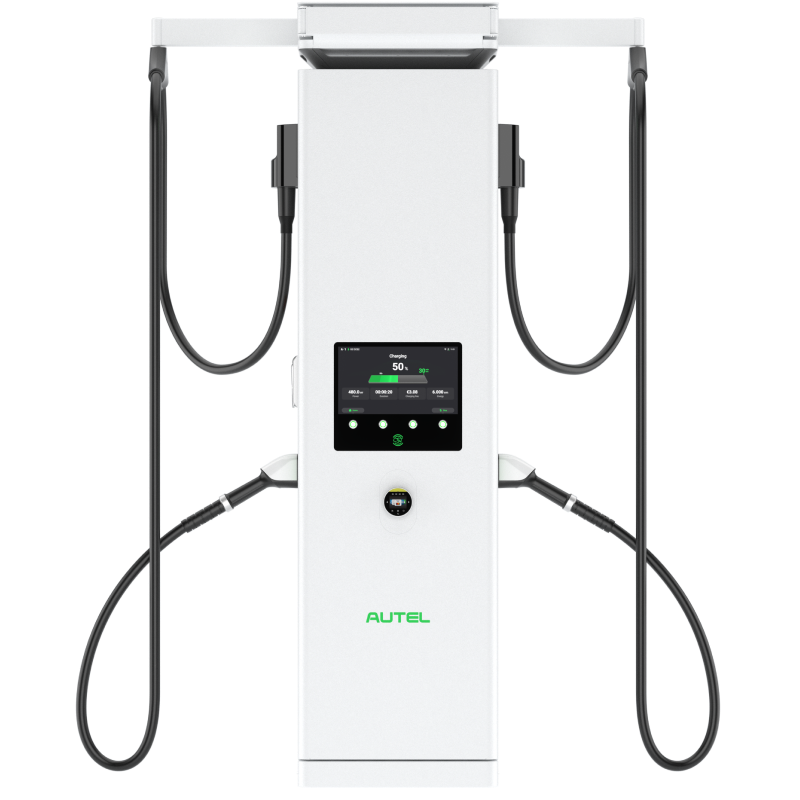 MaxiCharger DC HiPower
MaxiCharger DC HiPower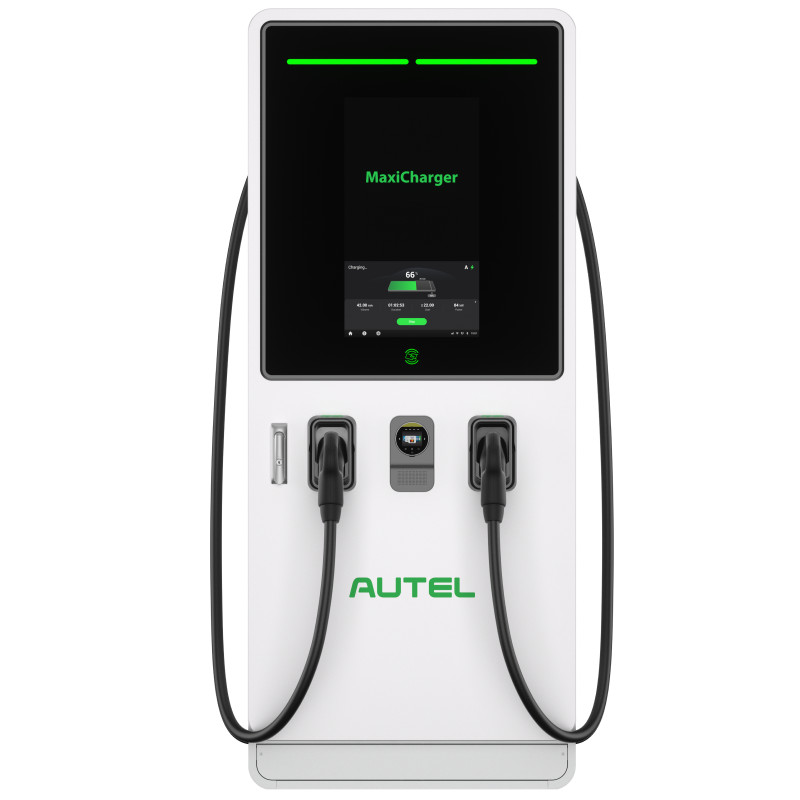 MaxiCharger DC Fast
MaxiCharger DC Fast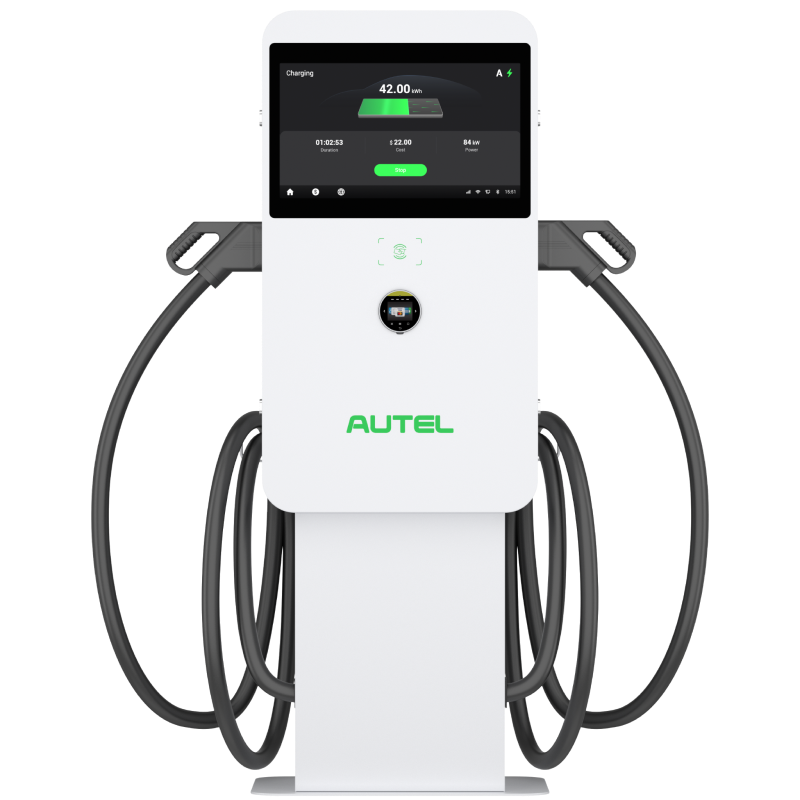 MaxiCharger DC Compact
MaxiCharger DC Compact
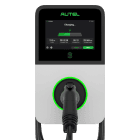 MaxiCharger AC Pro
MaxiCharger AC Pro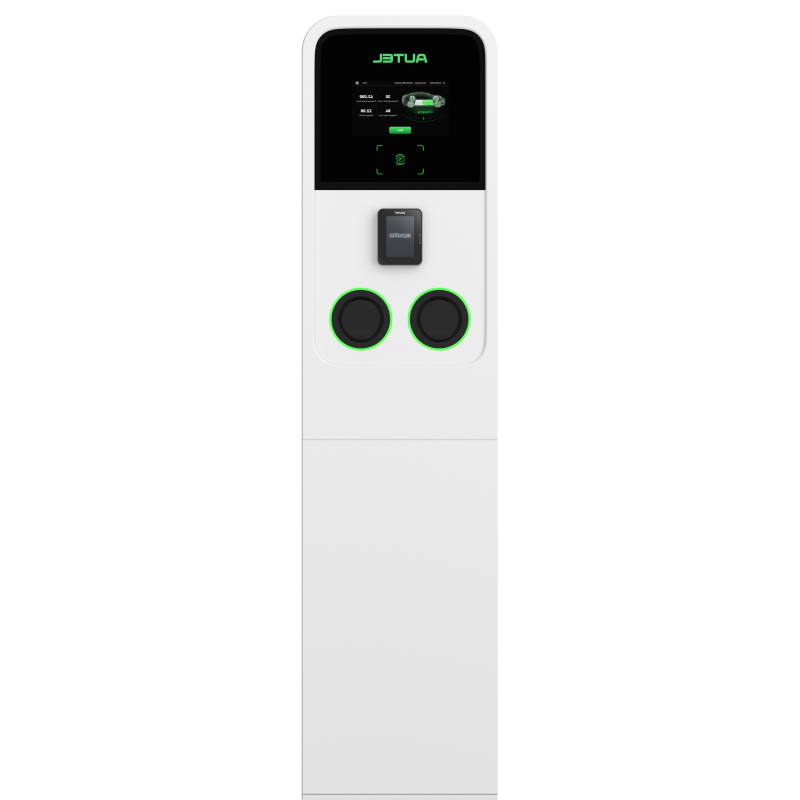 MaxiCharger AC Ultra
MaxiCharger AC Ultra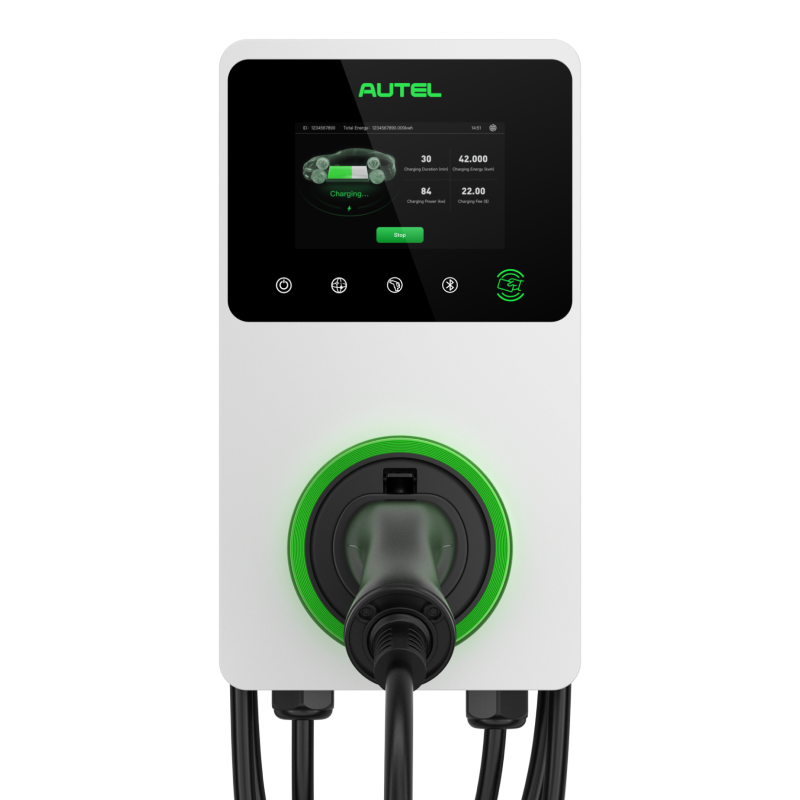 MaxiCharger AC Elite
MaxiCharger AC Elite
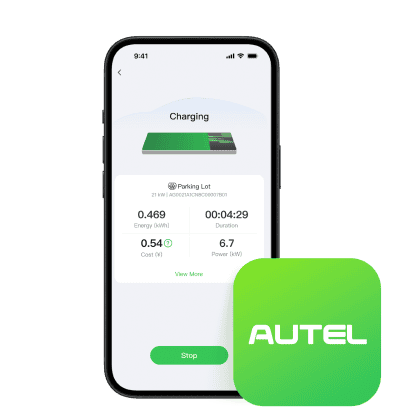 Software
Software
- Partner Introduction
- Become A Partner
- Event
- FAQ
- Blog
- About Autel
- Contact Us
- Sustainability
- Newsroom
- Brand Center
- Product Center
Are EV chargers universal?
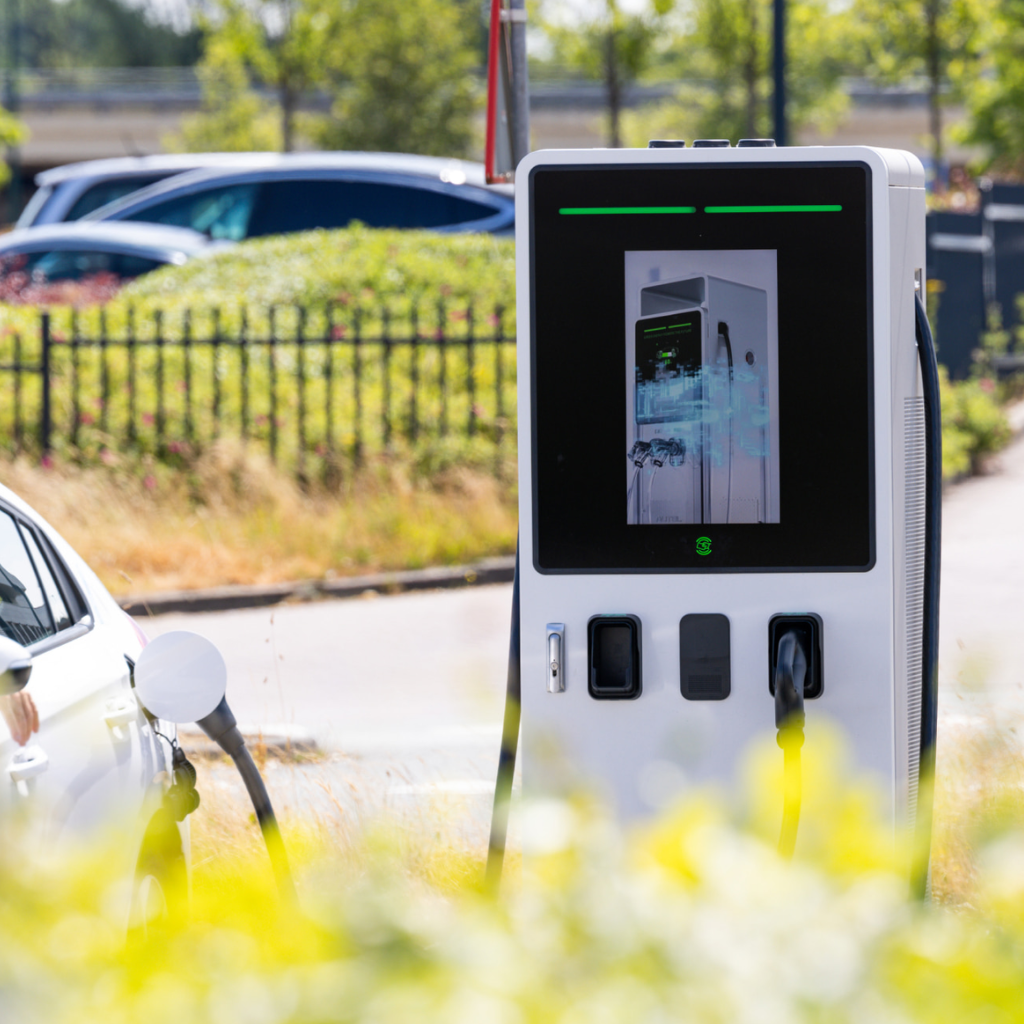
Electric vehicle (EV) chargers have become increasingly standardized but aren't entirely universal. Compatibility still varies based on connector types, charging speeds, and vehicle models. Understanding these differences ensures convenient charging at home, work, or public stations.
Understanding EV Charger Compatibility
What Does 'Universal EV Charger' Mean?
A universal EV charger would allow any electric vehicle, regardless of brand, to use a single charging connector everywhere. However, current chargers and connectors vary, making adapters necessary in certain situations.
EV Charger Levels and Compatibility
1.Level 1 Charging:
- Uses a standard household 120V outlet.
- Universally compatible, but slow, ideal for overnight charging.
2.Level 2 Charging:
- Operates at 208-240V for faster daily use.
- Highly compatible, suitable for homes, businesses, and public spaces.
For reliable daily charging at home or your workplace, consider installing an autel ev charger, offering convenience, compatibility, and advanced smart-charging features
3.DC Fast Charging (Level 3):
- Provides rapid charging, but compatibility depends on connector type and EV model.
- Related Reading:What Is a Level 3 Charging Station? [2025 Update]
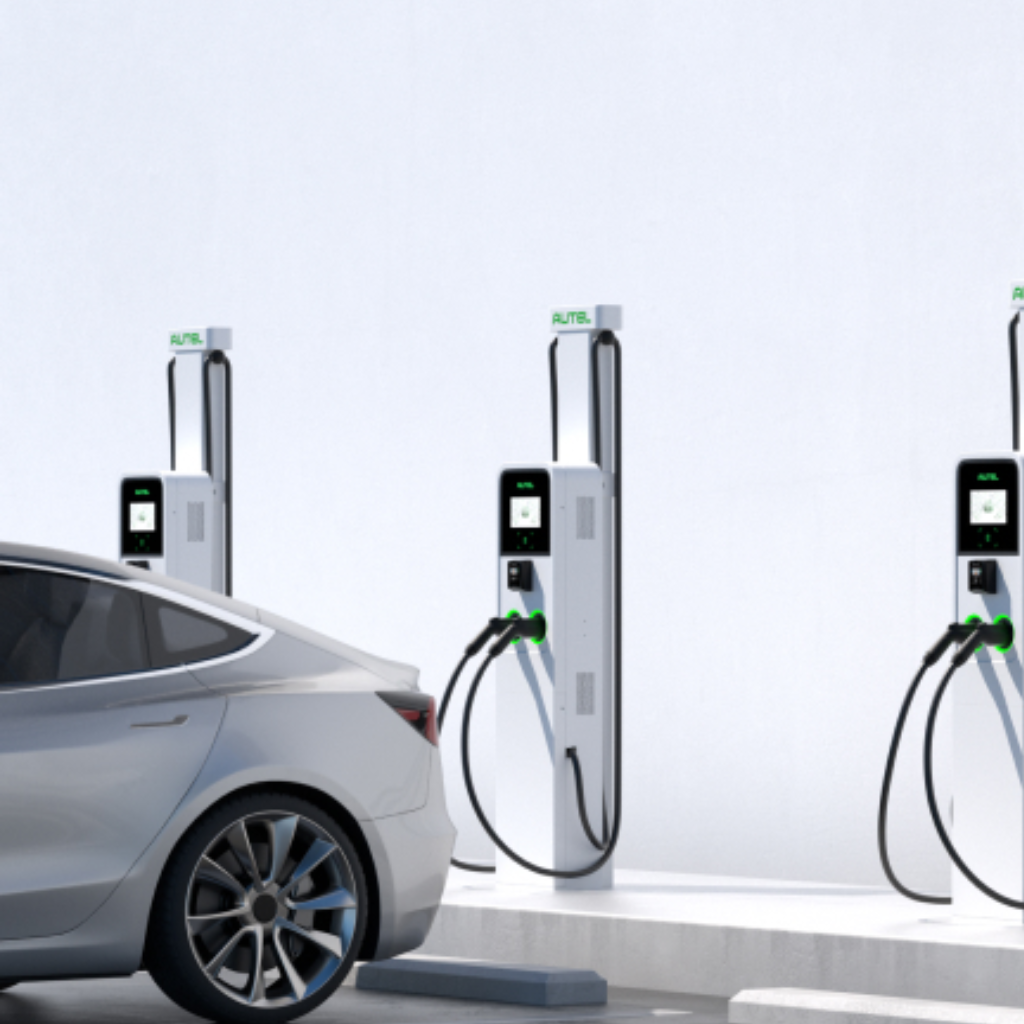
Common EV Charger Connectors Explained
J1772 Connector (Level 1 & 2)
- Common in North America, fitting most non-Tesla EVs.
- Widely available at residential, commercial, and public stations.
CCS (Combined Charging System)
- Supports both Level 2 and DC fast charging.
- Used extensively in North America and Europe.
- Popular choice for fleet operators and commercial users due to fast, reliable charging.
NACS (Tesla's Connector)
- Initially exclusive to Tesla vehicles, now adopted by multiple automakers.
- Growing in popularity due to Tesla’s extensive charging network.
Checking Your EV’s Charging Compatibility
Always verify your EV’s connector type (CCS, CHAdeMO, NACS, or J1772) via your owner’s manual or vehicle specifications. Using this information ensures you find compatible charging stations easily.
The Future of Universal EV Charging
Industry-wide standardization is increasing, especially with the adoption of CCS and Tesla’s NACS connector. This trend significantly simplifies charging experiences across different vehicles and brands.
EV Charging Adapters for Increased Compatibility
Adapters are critical for bridging connector differences, allowing drivers to charge EVs at various station types.
- Tesla-to-J1772 Adapter: Allows Tesla vehicles to charge at non-Tesla Level 2 stations.
- CCS Adapter: Enables Tesla vehicles to use CCS DC fast chargers.
- CHAdeMO Adapter: Primarily used by older EVs compatible with CHAdeMO charging.
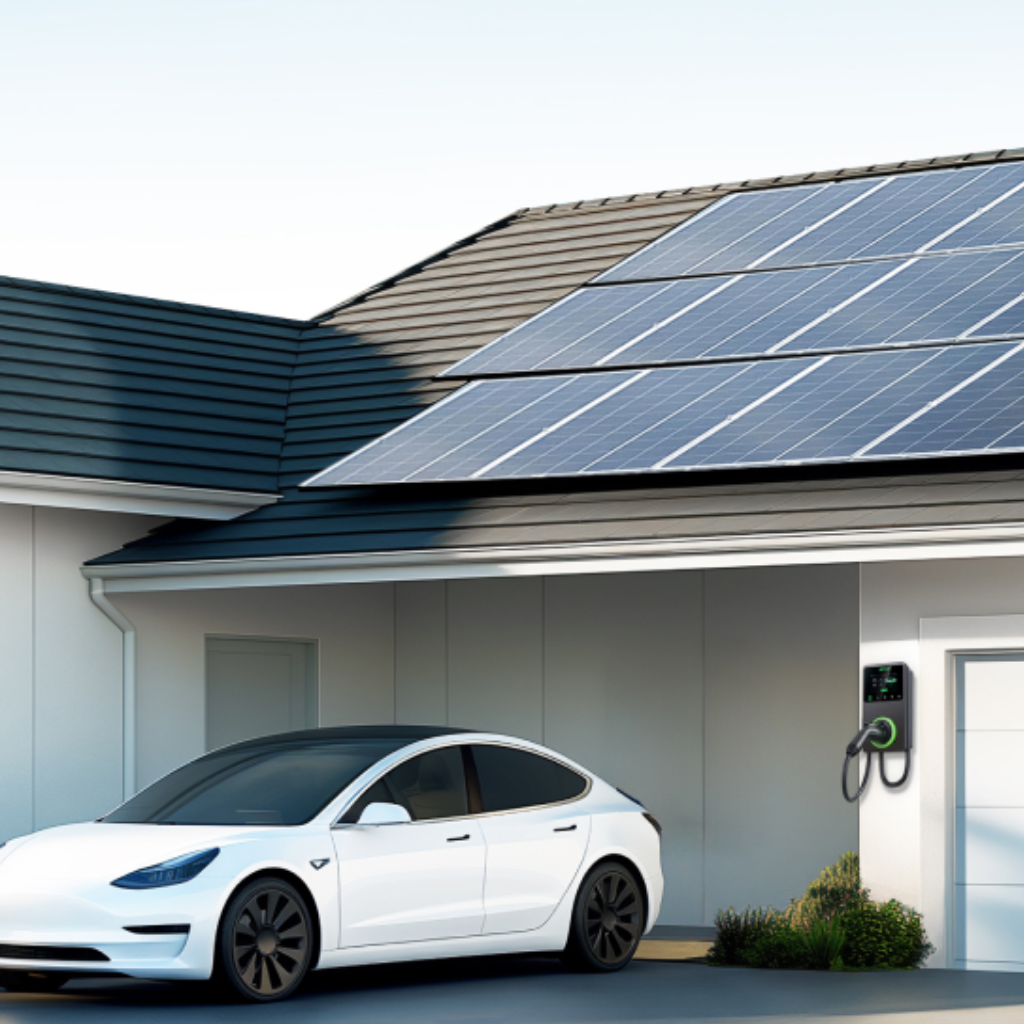
Practical Considerations for Commercial Operators
Fleet Operators
Fleet operators benefit from Level 2 and DC fast chargers, ensuring minimal vehicle downtime and maximum operational efficiency.
Charge Point Operators
Charge Point Operators should consider installing chargers supporting multiple connector standards, ensuring broader compatibility to attract more EV drivers and expand market reach.
Retailers
Installing universal or multi-standard chargers attracts more customers, enhances the retail experience, and increases customer dwell time and spending.
Logistics Centers & Warehouses
Operators benefit from strategically installed Level 2 and DC fast chargers, optimizing fleet readiness and ensuring efficient delivery schedules.
School Bus Contractors
Reliable Level 2 and fast-charging infrastructure ensures electric school buses remain operational and reduces fuel costs, supporting dependable daily operations.
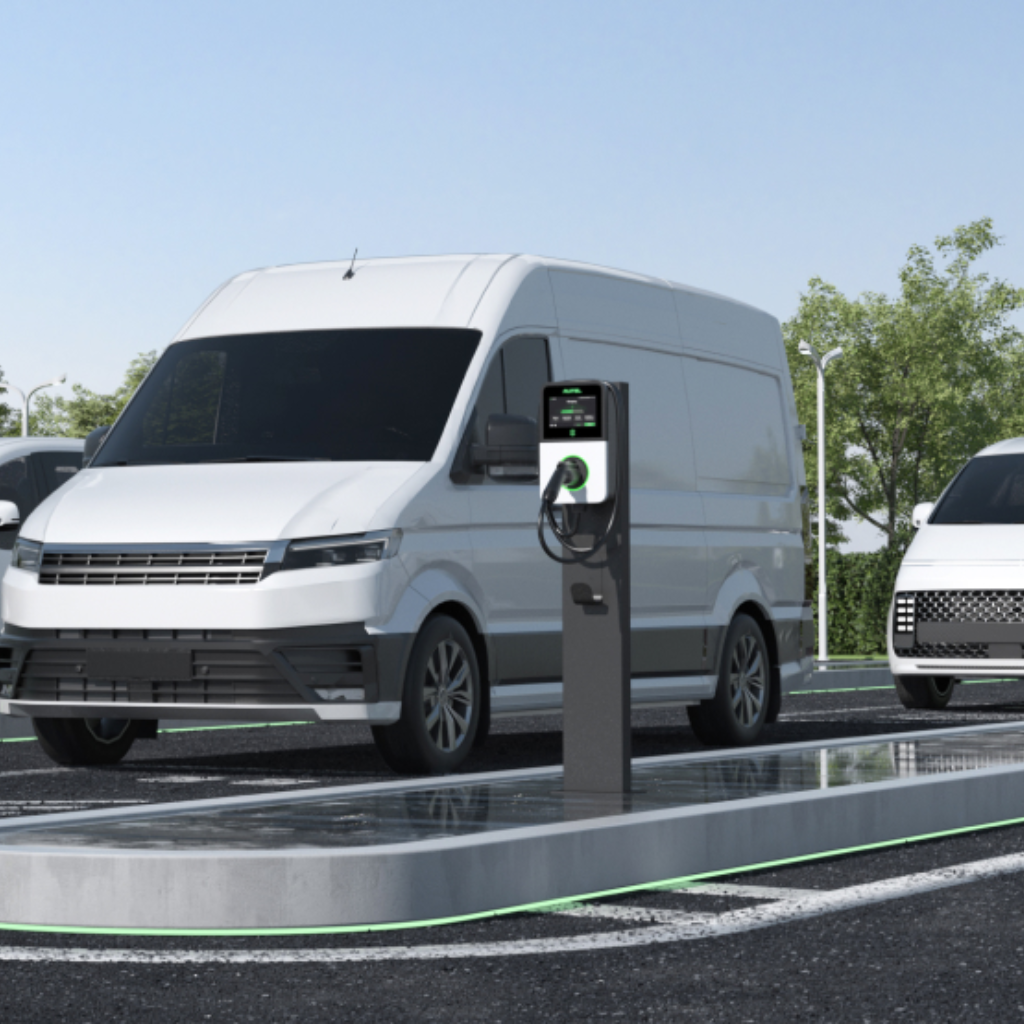
Tesla Supercharger Network and Compatibility
Can Non-Tesla Vehicles Use Tesla Chargers?
Tesla Superchargers are gradually opening to non-Tesla EVs through adapters, significantly improving accessibility for all EV drivers.
Can Tesla Vehicles Charge Elsewhere?
Tesla EVs can charge at non-Tesla stations using appropriate adapters, providing flexibility on road trips and daily commutes.
Safe Use of EV Charging Adapters
- Always purchase adapters from reputable brands.
- Regularly inspect adapters for damage.
- Follow manufacturer guidelines for safe operation.
Conclusion
EV chargers are becoming increasingly standardized, but universal compatibility isn't yet fully realized. Utilizing adapters, knowing your vehicle’s connector type, and staying informed on standardization trends helps ensure convenient, reliable charging wherever your journeys take you.

